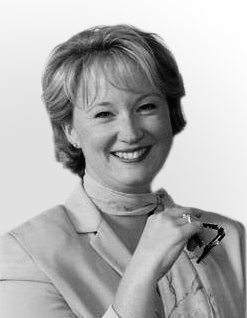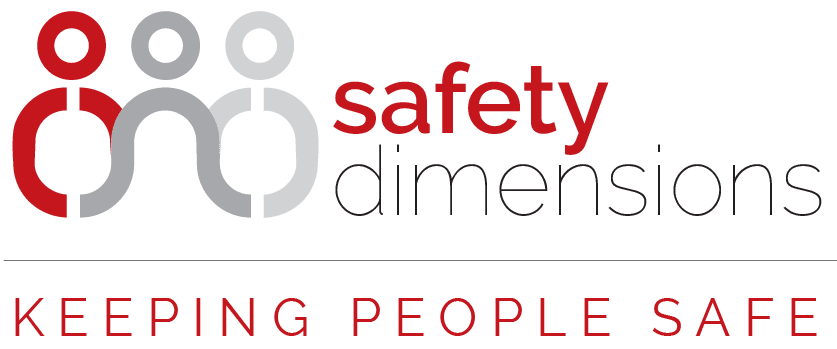 Do borders matter when lives are lost? A reflection from Melissa Williams.
Do borders matter when lives are lost? A reflection from Melissa Williams.
When I work outside Australia and New Zealand, I am left pondering what if’ questions about training on the global scale – questions like:
Can you gain an industry training benchmark/standard across countries when you have so much diversity, political interests and different perspectives? Is there a moral responsibility for global companies to raise the standard of training in countries they work in, particularly safety training? Think of the recent spotlight on the Bangladesh garment industry and the well-known local retailers that sell their goods.
These questions arose when I was invited to speak at the 2nd International Skills Conference (Transforming the Skills Workforce through Vocational Training) in Malaysia in June 2013 as part of the Victorian Premier’s Trade Mission to Asia. 460 people from 15 countries attended the conference, all seeking to learn from Best Practice Vocational Education and Training (VET) experiences.
The conference featured case studies from Australia, Asia, Europe and the UK. My session was on Safety Dimensions accredited training success in the Construction industry – however more on that at another time.
The conference featured case studies from Australia, Asia, Europe and the UK. My session was on Safety Dimensions accredited training success in the Construction industry – however more on that at another time.
One case study that got me thinking was from William Angliss, presented by Wayne Crosbie. We learned that in 2015, after 5 years of preparation the ASEAN (Association of South East Asian Nations) Economic Community will implement the free movement of goods, services, investment and importantly, skilled labour throughout the ten ASEAN countries.
Wayne presented a case study how his organisation created a common ASEAN Tourism Curriculum in preparation for a mutual recognition agreement across borders. Put simply, Wayne’s team were commissioned to develop, in collaboration with member states, a framework and tool set of how to create and implement a standard for those working in the tourism sector that all countries could accredit to so a common accreditation language’ could be acknowledged across borders.
This was a massive undertaking requiring extensive consultation. 32 job titles were covered, across 6 agreed labour divisions. The end result was 242 toolboxes’ (including competencies, trainee manual, trainer guide and assessment package) for implementing training across the topic of tourism across 10 countries. Accreditation is being implemented.
Clearly the next step is the support in implementation, however.¦
This got me thinking – if William Angliss and the ASEAN Secretariat can collaborate on standards for a tourism curriculum that cross-borders – as safety professionals what can we learn?
When labor is cheap’ and plentiful or the risk perception is low, or there is unskilled labour doing jobs due to skilled labour shortages, do multinational companies, and international training organisations have a moral obligation to awaken the countries they work in to become more mature in their safety thinking?
Whilst we have safety leadership standards in the construction industry in Australia thanks to the (former) CRC for Construction Innovations research on a construction safety competency framework (email me here for the link to access this wonderful publication) – this does raise the question¦.if we do have a moral obligation – how could we apply the ASEAN thinking found the Angliss case study above to raise safety standards across industries and borders?
After all, do borders matter when lives are lost? Surely collaboration on keeping people safe is an essential criteria of all business no matter where they are.
Clearly the first step in the journey is to agree on a standard, a benchmark and consensus on a way forward to increase the skill levels of all across borders. After all, we don’t know it all¦.and as I was told many years ago when I started working in Asia, like your shoes, leave your Western ego at the door when working here’.
We know safety leadership makes the difference in keeping a workplace safe – it considers the mindset, attitude and behaviours required acknowledging that you also need systems and procedures.
So what impact could there be if there was a recognised Australasian-ASEAN standard?
The roadmap of demonstrated collaboration with the ASEAN countries to establish a tourism accreditation has been successful – so why not Safety? After all, what’s more important?
Melissa Williams is CEO of Learning Dimensions Network.
You can contact Melissa here
